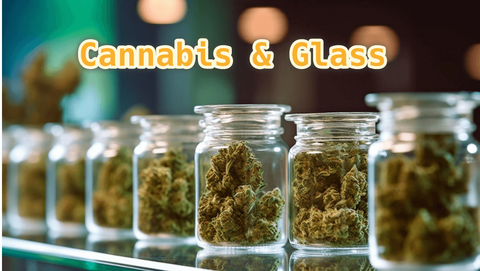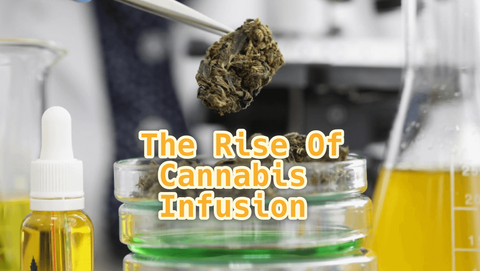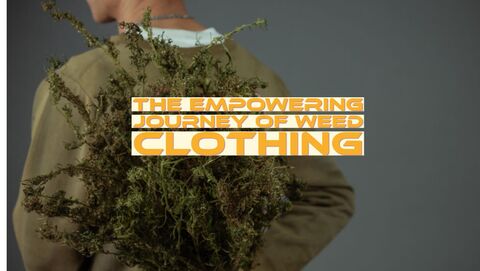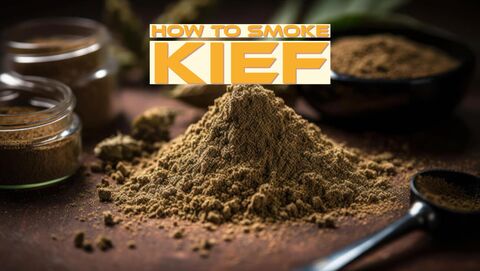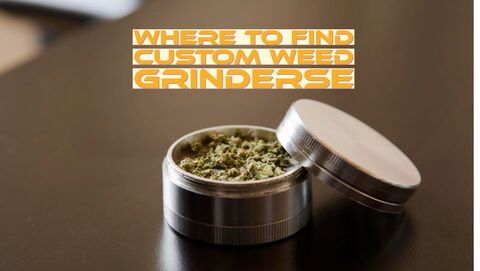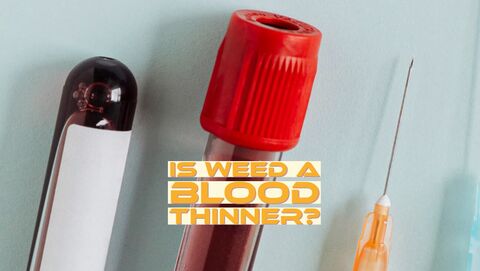Latest Blog Posts
Top rated
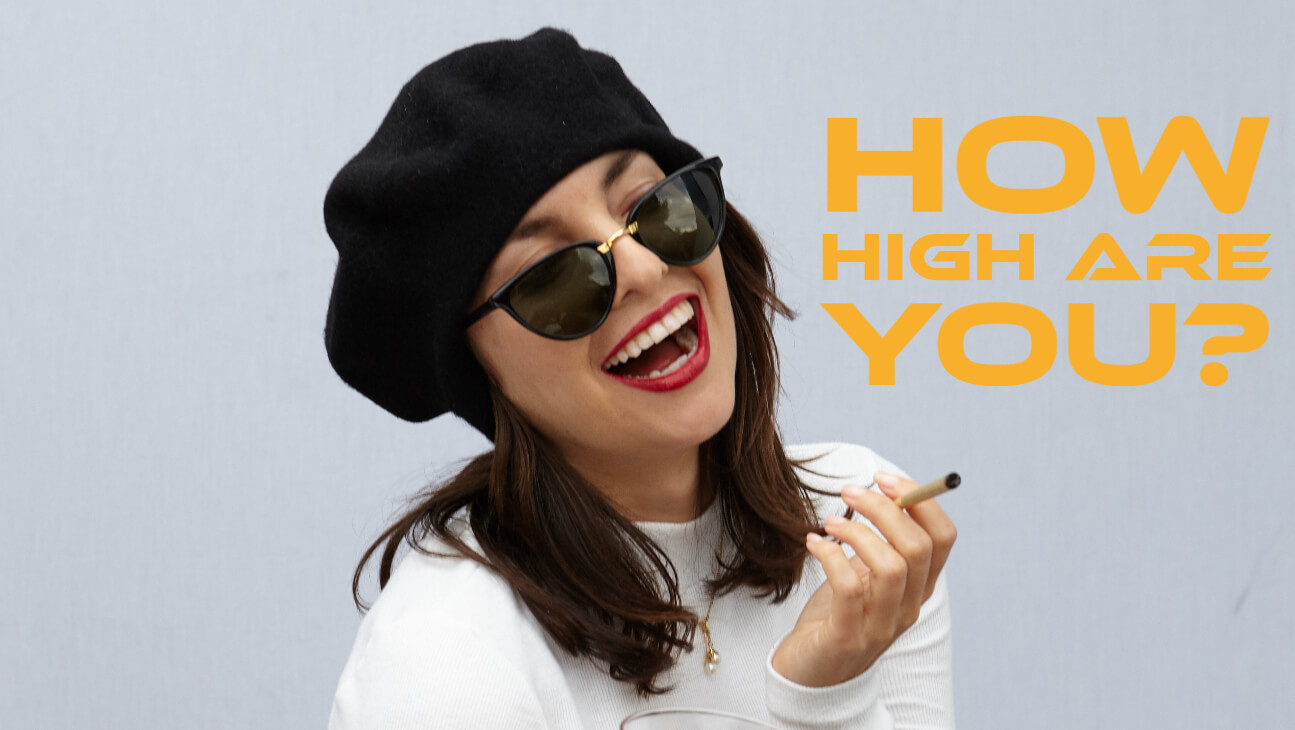
How High Are You?
In general, a person’s THC level can be used to detect the presence of weed high in his or her system. The simple answer is that a person can feel stoned by focusing on his or her fingers, registering light touches, or watching TV while fully high because paying attention to anything is tough. Couch potatoes might not be enjoying themselves. Sativa highs add levels of energy and concentration. Indica highs are more relaxing and sedative.
When someone consumes a different strain of weed for the first time, he will be able to better understand how different strains have varied effects when swallowed for marijuana use. The THC level can also be used to determine one's cannabis level. When someone consumes marijuana, it alters the way certain portions of their body feel. The high varies depending on strain smoking and the THC level in it.
To enjoy this experience, the user smoking marijuana can get the weed with the maximum THC content. When THC levels are reduced, people begin to feel more calm and mellow. This is known as a "sativa high." There is no such thing as an upper limit when it comes to cannabis. Though the physical effects of THC appear to become more evident as levels rise., these figures are not always accurate.
The amount of THC or tetrahydrocannabinol in cannabis varies greatly between strains and even within a single strain between batches of the same variety. This variable can have significant effects on people’s perception of their "high" and how long they can stay high for. So, how high can one get? If someone is not sure, use this simple to test the saliva and urine samples with a home blood test kit to determine the THC level.
THC Concentrations and Subjective Effects of Cannabis
This measurement, which can be taken by blood tests, is not especially precise and accurate, according to a new paper published in the Journal of Psychoactive Drugs. According to the research, which was published in February 2017, "THC levels can only give an idea of how high a person is. One cannot tell us what kind of person that individual is." High is defined as one-fourth of the expected value, while low is defined as one-fourth of the expected value.
The researchers justified the findings by stating that if a subject's THC level was raised above the baseline level, feeling more stoned than actually are. However, the results show that THC levels are insufficient to predict whether someone will become more or less stoned.
Now recently, the only way to determine if someone was high on cannabis was to run a chemical test of the blood. This type of test, known as a hair-tissue assay, is an accurate and reliable approach to determine THC levels in cannabis, but it is not a reliable indicator of how stoned someone is.
According to a recent study published in the Journal of Clinical Pharmacology, the combination of THC and other cannabinoids (such as CBD and CBN) produced by cannabis can be identified at far lower levels than previously assumed. Low-THC levels in blood could be compared with subjective reports of the same level of intoxication, according to a study.
Marijuana users may be at higher risk of psychosis than nonusers, according to a recent survey from the Substance Abuse and Mental Health Services Administration (SAMHSA) and National Institute on Drug Abuse (NIDA). The report is based on a two-weeks study trial in which 53 college students with no history of psychosis were given high doses of THC and monitored.
A low dose of THC was also given to them using blood testing and monitored for another two weeks. Marijuana users in this study scored significantly higher on the "positive" subscale of the Clinical Global Impressions- Severity Scale (CGI-S), than non-Marijuana users, indicating a more positive attitude on life.
Medical Benefits of Cannabis
THC is a psychoactive substance that indicates the amount of THC in the system. When one vapes cannabis, it passes through the lungs and goes into the bloodstream. The body absorbs THC from the lungs and enters the circulatory system. It is then transported throughout the body to all parts of the brain and nervous system. This effect can be measured in terms of how high one is feeling, or how much money one has been able to make.
Cannabis is a plant that has been used for many centuries by different cultures all over the world, but it was only in the 1960s that the medical community started to recognize its medical benefits. The first reports of cannabis’ medical benefits were published in 1949 when a British doctor named Dr. James Harvey wrote about his experiences with cannabis oil used for his multiple sclerosis patients.
In 1954, a German doctor named Otto Loewy announced that cannabis extracts could be used as an effective painkiller for cancer patients like morphine and codeine. In 1961, researchers at Johns Hopkins University published an article about how cannabis had improved memory in people with Alzheimer's disease. The next year, Canadian researcher Heinrich Harrer published his findings about how cannabis could prevent or relieve symptoms of Parkinson's disease.
In 1967, American researchers at Mount Sinai Hospital reported the findings linking marijuana use to feelings of euphoria and well-being. Marijuana use was associated with sleep desaturation (the inability to fall asleep) which helped alleviate insomnia symptoms (including poor sleep quality). In 1971, American drug researcher Richard Aaked described marijuana as having "significant therapeutic value" and concluded that "there is good evidence to support its efficacy as a mild sedative."
In 1976, five years after being legalized in California, scientists at Stony Brook University published the findings indicating that marijuana users have better short-term memory retention than people who do not use it at all. In the same year, Canadian researchers published the findings of a study showing how marijuana improved respondents' ability to solve math problems, implying that marijuana could aid in the treatment of learning impairments such as dyslexia.
A study published by Australian researchers revealed how deeply the memories are embedded in brains, indicating that one should always be conscious of them despite the fact.
The Bottom Line
It is easy to take the first step that leads to the next, but what is stopping one from going through the whole process? Weed is everywhere. From school halls to dark alleys, it is everywhere. But how high are?
Friends and relatives will interpret one THC level as higher, the more have been stoned (this is why most people experience a "high" when they first consume pot or hash. It does not matter if someone is sitting on the couch, driving around in an empty car, or working in a bar. One can fly like a kite. Whatever the case may be.
Marijuana has grown so common that it has become part of culture (some people even consider weed culture). One may not realize how high it is, but one can be well aware of the consequences of not getting enough sleep.
People who get too high generally do not function normally; It becomes irritable for them and the ability to effectively communicate loses – which is not always a good thing. One can also tend to be more likely to behave erratically than those who feel relaxed and mellow – which means one can feel more likely to fall behind at school and work – where one can be easily found out by their peers and bosses.
Researchers have shown that the views of how high someone else is reliant on their own perceptions of how high should be felt due to getting stoned for several minutes before doing this test (it was safe because it increased in its potency over time). That means one should be particularly sensitive to how other people see when getting stoned, because everyone else thinks that should be mellow and relaxed.
Disclaimer: This material is for informational purposes only and should not be relied on for legal, medical, financial, or any other form of professional advice.






